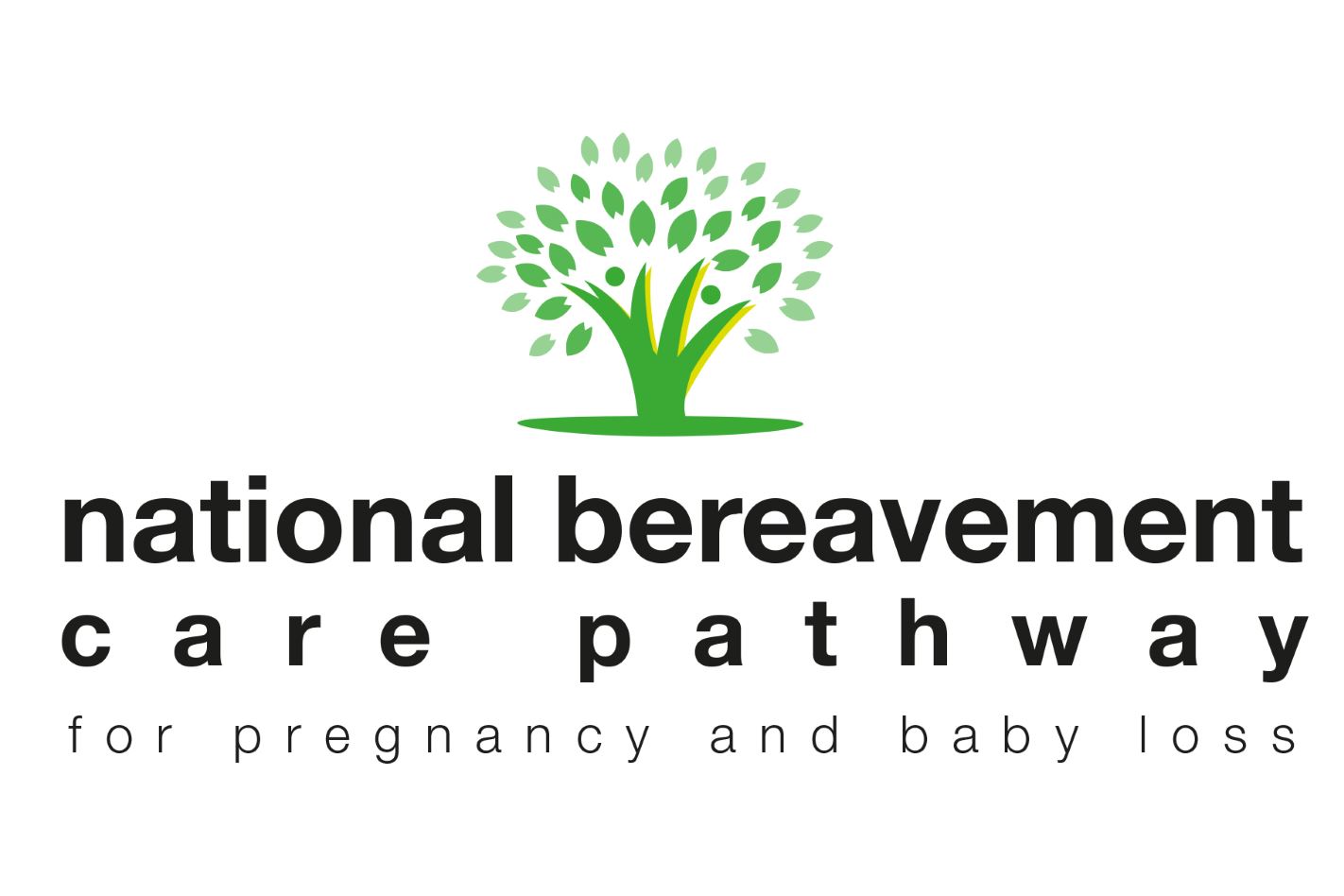30th May 2019
The quality of care that bereaved families receive when their baby dies can have long-lasting effects. Good seamless care between services can help support parents through this time; conversely poor care can make the situation much harder for families.

iHV was proud to work alongside key partner charities and professional bodies on this project, which has been supported by the Department of Health and the All Party Parliamentary Group on Baby Loss, and led by SANDS. Antoinette Sandbach MP highlighted the outcome of evaluation of an extended two phase pilot at Prime Minister’s Questions and, in response, Theresa May has urged all Trusts to adopt the pathway work into practice.
For more information: https://nbcpathway.org.uk
There are pathways covering 5 areas of loss to underpin high quality, individualised and sensitive care for:
- Miscarriage
- Termination of Pregnancy for Foetal Anomaly
- Stillbirth
- Neonatal Death
- Sudden Unexpected Death in Infancy – up to 12 months
Actions for health visitors:
- Review the pathways and consider the health visiting contribution to supporting families with pregnancy or baby loss
- Share the pathways with your Professional Lead and ask how your organisation will be taking the pathways forward in practice – direct them to: https://nbcpathway.org.uk/professionals
- Connect with your Community Midwives and ensure they are aware of the pathways too
- Find out more about which local maternity hospitals are adopters of the pathway via your local Maternity Voices or Maternity Transformation meetings in your region
The NBC pathway has been shown to help strengthen support to the bereaved families in pilot areas. There is now a rallying call and all health visiting services, like their maternity services partners, must be aware of and adopt these standards for the benefit of families in their care.








